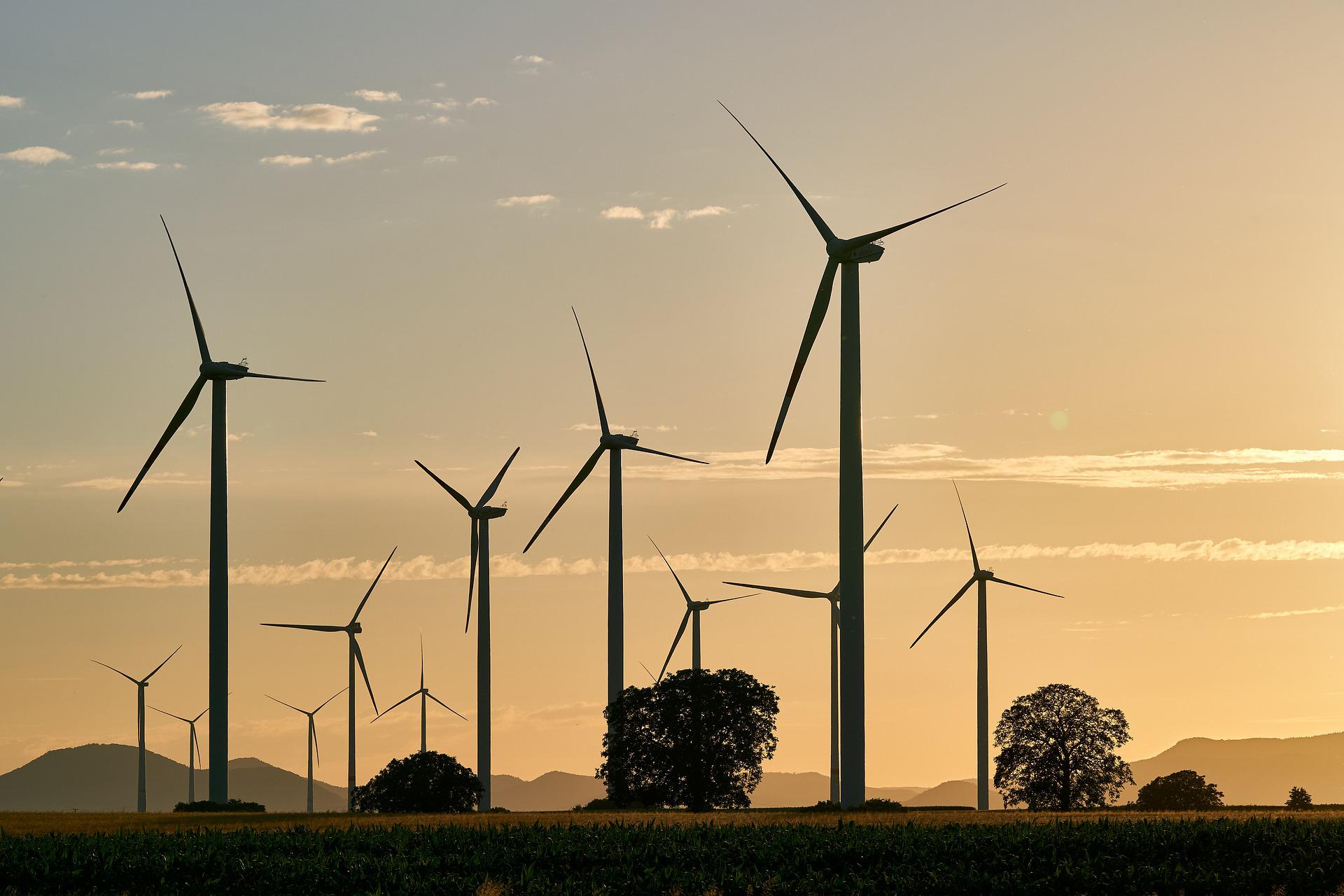
Jonathan Bassett, founder of JDB Energy, shares his vision for how we can get to net-zero by 2050.
Tell us a little bit about you and your background:
I am starting up a software business with a focus on integrating decentralised energy resources (DERs) into our wider energy systems – www.jackfruit.energy. After growing up on the South coast of England, I moved to Cambridge to study Electrical and Electronic Engineering and then to Bangalore for my first job.
In college I was fascinated by social enterprise and renewable energy, so I was fortunate enough to work with one of the pioneers in both – SELCO Foundation (www.selcofoundation.org). After a few years, I moved back to the UK to work with UK Power Networks Services (www.ukpowernetworksservices.co.uk) where I helped set up their electric vehicle charging infrastructure business, working with fleets to set up their first EV depots.
My experiences convinced me that decentralised solar PV, battery storage, and EVs are affordable, benefit communities and households, and will play a big role in our future energy systems. So this is my focus.
What is a fun fact about you?
I rollerbladed most of the way across Europe.
Why do you think climate change and sustainability is such an important topic today?
We need to get to net-zero by 2050. But CO2 emissions are not the only planetary boundary we’re overstepping, and there are many people in the world who live without their basic needs met. Humanity is slowly breaking the life-supporting systems of our natural world, and we still haven’t met all our needs. As Kate Raworth says, “Humanity’s 21st century challenge is to meet the needs of all within the means of the planet”. I can’t think of a clearer objective to work towards.
The encouraging thing today is that we have everything we need to do this. Renewables are the cheapest form of energy and massively reduce humanities impact. We’re seeing positive growth in biodiversity in some regions of the world, where policies and local populations have decided to reverse the trends. So what we need to do is clear, and how we need to do it is getting clearer every day.
What do you envision your industry looking like 10 years from now?
The challenge for the next 10 years is getting close to 100% renewable electricity in rich countries like the UK, and close to 50% in less developed countries like India. To achieve this, EVs, roof-top solar, and small batteries will be integrated into our national grids to support centralised wind and solar generation. Solar and wind are now the cheapest energy sources, and quickest to build.
So we know we can build enough renewable energy capacity. The big remaining barrier is energy flexibility – the ability to change when energy is consumed or generated to balance demand and supply.
Traditionally we varied fossil fuel generation to match changes in demand but we can’t control the sun or wind. Fortunately we can control EVs, heat-pumps, and air conditioners – demand is not inflexible. Battery storage costs are also dropping rapidly. In the UK, National Grid expects electricity storage, demand-side-response, and EVs to provide up to 62% (93GW) of system flexibility, up from 18% (10GW) today. It’s going to be a fascinating 10 years ahead.
Our energy systems will continue to change and decentralise. We will end up with a mix of centralised renewable generation with decentralised storage and flexibility. For example, our EVs will charge when the wind is strongest, avoiding the need to turn on gas generation. We will all be more connected to our energy systems, which in turn are reliant on our natural world.
What can the average person do to make a difference?
Connect to those around. Our global challenges are systemic and one person is unlikely to make much of a difference to global emissions. But communities can build movements, and these can quickly spread across society. We can only do this if we build connections with each other and collaborate. Politics and business will follow.